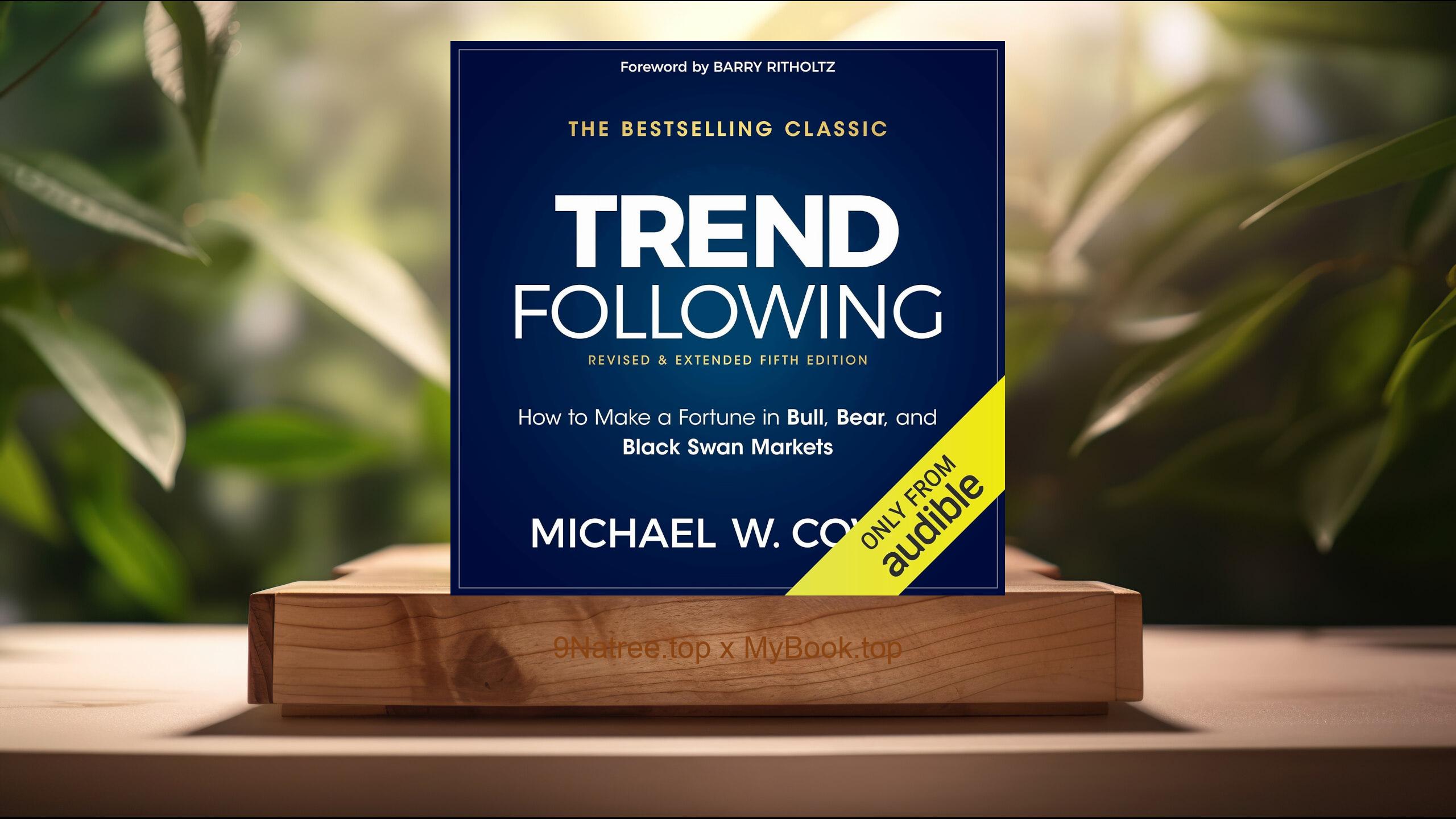Show Notes
- Amazon USA Store: https://www.amazon.com/dp/1906173419?tag=9natree-20
- Amazon Worldwide Store: https://global.buys.trade/The-Freedom-of-Self-Forgetfulness%3A-The-Path-to-True-Christian-Joy-Timothy-Keller.html
- eBay: https://www.ebay.com/sch/i.html?_nkw=The+Freedom+of+Self+Forgetfulness+The+Path+to+True+Christian+Joy+Timothy+Keller+&mkcid=1&mkrid=711-53200-19255-0&siteid=0&campid=5339060787&customid=9natree&toolid=10001&mkevt=1
- Read more: https://mybook.top/read/1906173419/
#Christianidentity #selfforgetfulness #TimothyKeller #gospelcenteredliving #trueChristianjoy #egoandselfesteem #spiritualgrowth #Christiandiscipleship #TheFreedomofSelfForgetfulness
These are takeaways from this book.
Firstly, The Problem of the Natural Ego, One of the central themes of The Freedom of Self Forgetfulness is the condition of the natural human ego. Keller describes the ego as empty, painful, busy, and fragile. It is empty because, apart from God, we desperately try to fill our sense of worth with achievements, approval, or possession. Yet nothing truly satisfies. It is painful because we are always thinking about ourselves, especially how we appear in the eyes of others. This self focus does not bring happiness; it creates anxiety and insecurity. The ego is busy because it constantly compares and measures, asking whether we are better or worse than other people. It is fragile because any criticism or failure feels like a direct attack on our value. By naming these characteristics, Keller helps readers recognize this inner pattern in their own lives, preparing them to see why the gospel offers a radically different way to live with a renewed, secure identity.
Secondly, The Futility of Modern Self Esteem, Keller critiques the modern self esteem movement, which urges people to solve their insecurity by simply believing in themselves more. He argues that this approach is ultimately ineffective because it stays trapped within the same self focused framework that causes the problem. Trying to boost self esteem often becomes just another competition, another way to prove that we are better than others or worthy of admiration. This keeps us locked in comparison and pride, or in despair when we fall short. Keller explains that the Bible does not command us to have high self esteem or low self esteem, but offers something entirely different. Instead of obsessing over how we rate ourselves, the gospel invites us to step out of the courtroom of constant self evaluation. Keller shows that both arrogance and self hatred are rooted in the same self absorption, and that the Christian solution is not more self focus but a redeemed freedom from self preoccupation altogether.
Thirdly, The Transforming Power of Gospel Identity, A key topic in the book is what Keller calls gospel identity. Rather than defining ourselves by performance, success, reputation, or moral record, the Christian finds identity in what Christ has done. In the gospel, the verdict about our worth comes before the performance, not after it. Through faith in Christ, God declares us accepted, loved, and righteous based on Jesus life and sacrifice, not our work. This frees us from having to build an identity by proving ourselves. Keller shows that when the deepest verdict over our lives is secure in Christ, criticism does not crush us, praise does not intoxicate us, and failure does not define us. Gospel identity allows us to be honest about our flaws without despair because our core worth does not rest on being perfect. This shift from performance based identity to grace based identity is the foundation for true Christian joy and lasting inner freedom.
Fourthly, Self Forgetfulness: Thinking of Yourself Less, The central practical idea of the book is self forgetfulness. Keller explains that the goal of gospel shaped living is not to think more of ourselves or less of ourselves, but to think of ourselves less. He uses the image of a healthy body part that functions normally when it is not constantly calling attention to itself. In the same way, a healthy self is not obsessed with self analysis and self consciousness. When the gospel captures our hearts, our ego becomes less demanding and less sensitive. We are no longer controlled by whether others praise or criticize us. This self forgetfulness does not mean neglecting our needs or denying our existence; it means that our focus naturally shifts outward toward God and others. Keller highlights that true joy arises when we are so captivated by Christ and by serving others that we simply forget to keep checking how we are doing. That is the freeing, humble posture that the gospel produces.
Lastly, Living with Criticism, Success, and Failure, Another important topic Keller addresses is how a gospel shaped self handles criticism, success, and failure. Without the gospel, criticism feels devastating because it threatens our fragile sense of worth. Success easily leads to pride, and failure drives us to shame or despair. Keller explains that when our identity is rooted in Christ, we can listen to criticism carefully without being crushed, because our ultimate verdict has already been settled by God. We can also receive praise without becoming arrogant, knowing that everything we have is a gift of grace. Success no longer becomes the foundation of our worth, and failure becomes an opportunity for growth rather than a final sentence. Keller encourages believers to see themselves as simultaneously more sinful than they dared admit and more loved than they dared hope. This paradox allows us to face reality with courage and humility while resting in the secure love of God.
![[Review] The Freedom of Self Forgetfulness: The Path to True Christian Joy (Timothy Keller) Summarized](https://episodes.castos.com/660078c6833215-59505987/images/2231180/c1a-085k3-qdvgdw61sqj-57ihcs.jpg)




